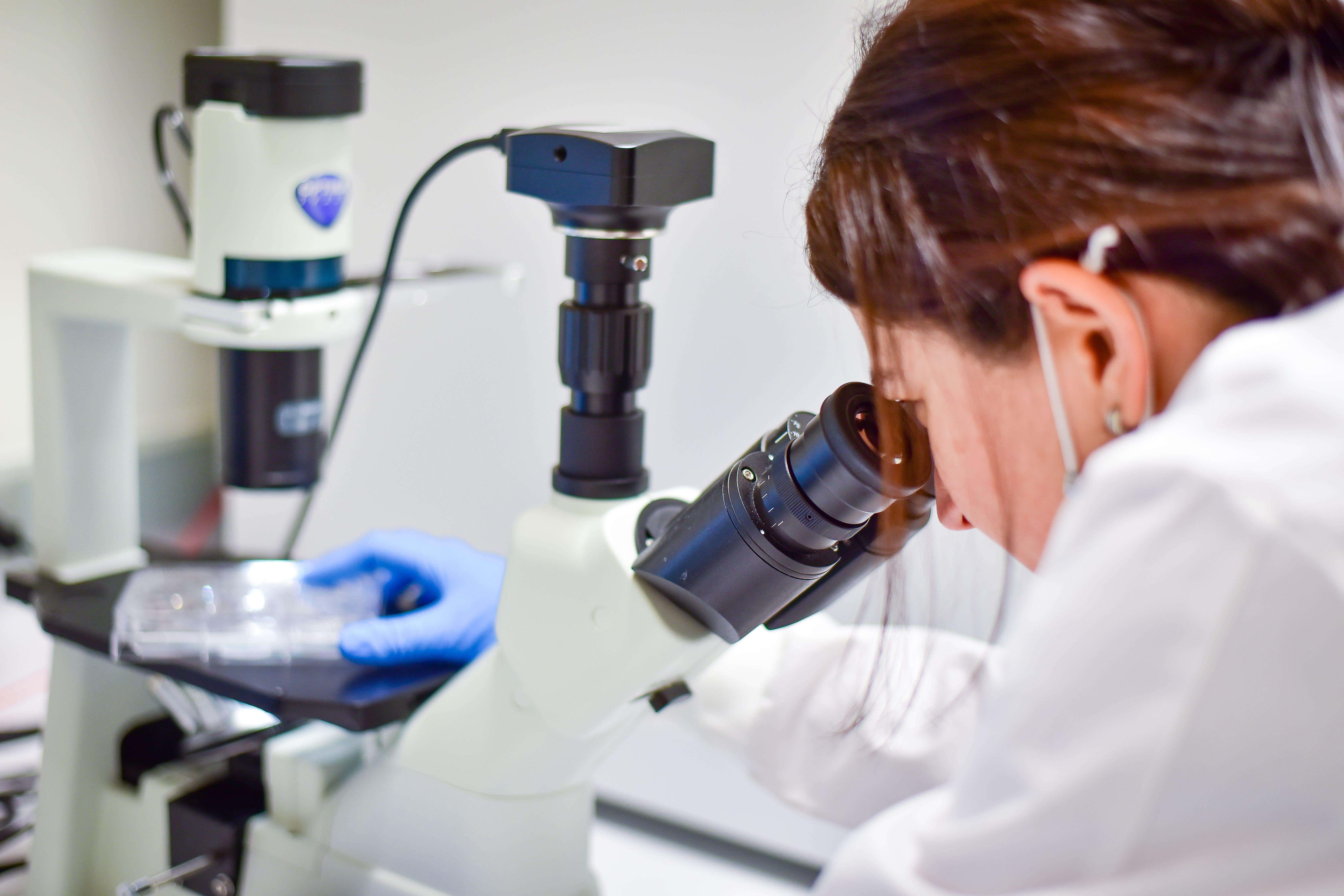Better treatment pathway for pancreatic cancer ‘could save thousands of lives’
Pancreatic Cancer UK is called for sustained government funding to improve diagnosis and treatment for those with the disease.

Your support helps us to tell the story
From reproductive rights to climate change to Big Tech, The Independent is on the ground when the story is developing. Whether it's investigating the financials of Elon Musk's pro-Trump PAC or producing our latest documentary, 'The A Word', which shines a light on the American women fighting for reproductive rights, we know how important it is to parse out the facts from the messaging.
At such a critical moment in US history, we need reporters on the ground. Your donation allows us to keep sending journalists to speak to both sides of the story.
The Independent is trusted by Americans across the entire political spectrum. And unlike many other quality news outlets, we choose not to lock Americans out of our reporting and analysis with paywalls. We believe quality journalism should be available to everyone, paid for by those who can afford it.
Your support makes all the difference.Thousands of people with pancreatic cancer could live longer if low treatment rates for the disease are tackled, a charity has said.
Pancreatic Cancer UK is calling for more effective pathways from diagnosis to treatment to ensure no patient “falls through the cracks”, regardless of whether their cancer is treatable or not.
The charity claims seven out of 10 patients receive no treatment for pancreatic cancer.
It also has the lowest treatment rate (34%) compared with breast (86%), bowel (74%) and lung (56%) cancers.
According to Cancer Research UK, pancreatic cancer is the tenth most common form of the disease in the UK and its “poor outlook” is due to the fact it is often diagnosed at a late stage.
On average, there are about 10,500 new cases of pancreatic cancer in the UK every year.
Those treatment rates have remained stagnant for at least a decade and people with this devastating disease deserve better
In localised cases – where the cancer remains in the pancreas – 55% of people survive for one year or more, with 25% surviving for three years or more.
However, if the cancer has spread to other areas of the body, 50% of patients survive for one year or more and 15% survive for three years of more.
In a bid to tackle survival rates, Pancreatic Cancer UK has launched its Don’t Write Me Off campaign, calling on all UK governments for “sustained funding” to implement a new care pathway that will ensure patients are diagnosed within 21 days of being sent for tests, and start treatment within 21 days of being diagnosed.
It also wants “expert care and support for everyone”, regardless of where they live or their chance of survival.
Diana Jupp, chief executive of Pancreatic Cancer UK, said: “For seven in 10 people with pancreatic cancer to receive no treatment at all – not even chemotherapy – is shocking.
“Those treatment rates have remained stagnant for at least a decade and people with this devastating disease deserve better.
“There is simply no time to wait, delays are costing people their only chance of survival. The path from diagnosis to treatment must be faster, more efficient and encompass all aspects of a person’s care.
“Nobody should ever feel written off or ‘fall through the cracks’ – regardless of whether their cancer is operable or not.”
Modelling carried out by the charity found its proposed care pathway would increase survival rates among pancreatic cancer patients from 7.1% to 10.4% by 2028.
It claims such an increase “would represent the biggest improvement in 50 years”.
Ms Jupp added: “The Improved Care Pathway represents the consensus of hundreds of health professionals and people affected by the disease who all care deeply about those diagnosed with pancreatic cancer, wherever they live, having the best possible chance of survival and as much precious time with their loved ones.
“Now we need governments to implement the pathway and provide the sustained investment needed, so the NHS can meet the unique challenges posed by the deadliest common cancer.”
A Department of Health and Social care spokesperson said that survival rates were improving but added: “We are determined to do more to boost detection and improve treatment for this terrible disease.
“We have opened 123 community diagnostic centres to offer quicker and more convenient checks outside of hospitals – including for pancreatic cancer – and have introduced a new standard requiring doctors to diagnose or rule out cancer within 28 days of an urgent referral.
“The NHS is treating more people for cancer and at an earlier stage than ever before and we are committed to building on this progress by improving cancer prevention, diagnosis and treatment through our Major Conditions Strategy.”